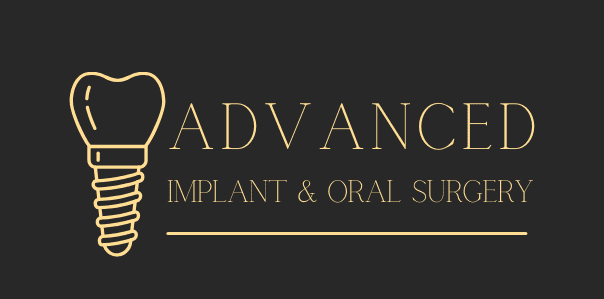Recent research in Oral Health & Preventative Dentistry suggests that treating gingivitis in pregnant individuals reduces the chances of pre-term births and increases birth weights. Though pregnant people have many medical concerns on their plate, this study points out that their oral health should not fall by the wayside.
About half of American adults suffer from gum disease, an oral infection of the gum tissue. Despite its prevalence, many people do not realize the impact this disease can have on the rest of the body. Inflamed gums from gingivitis, the early stage of this disease, can connect with the body’s inflammatory response, which may affect other medical conditions.
Recognizing gum disease and the risks that accompany it can make you more likely to work to prevent it. Read on to learn more about gingivitis and how your dentist can resolve this periodontal issue.

Do I Have Gingivitis?
Gingivitis refers to the early phase of gum disease, which usually presents with swelling, redness, and bleeding within the gum tissue. Sometimes, the gums might bleed for acute reasons, like harsh teeth brushing techniques. But if these symptoms become chronic, you could have an oral infection.
Gum disease does not always come with noticeable symptoms, however. So you should visit your dentist on a regular basis for a periodontal disease screening during your routine check-up. If they spot any issues with your gums, they can intervene and provide swift treatment to get rid of the infection.
How Will My Dentist Treat Gum Disease?
A dentist can begin treating gum disease right away. They will scrape away plaque with a thorough cleaning process called scaling and root planing. They will reach deep into the gum pockets to ensure excess bacteria does not linger and hurt your smile.
With gingivitis, this periodontal therapy will often be enough to eradicate the infection. But more stubborn gum disease might need further treatment. Your dentist can employ laser technology to target damaged gum tissue and remove it.
If you require restorative dentistry to rebuild your gum tissue after extensive treatment, your dentist can provide this. They might recommend a gum graft to add structure back to this part of your smile. Gum disease will not go away on its own, so make sure you seek attention from your dentist promptly for this issue.
Can I Prevent Gum Disease?
When it comes to periodontal health, dentists agree that preventative measures are best. You will need help from your dentist to get rid of gum disease, so if you can avoid contracting it, you can better preserve your smile.
Some patients will be more susceptible to this infection, so consult with your dentist for an individualized preventative dental care plan. You can practice proper oral hygiene to keep your mouth clean and reduce the risk of infection.
Your dentist might suggest rinsing with an antibacterial mouthwash. This will balance the natural bacteria in your mouth, making you less likely to contract an oral infection. It can also alleviate uncomfortable periodontal symptoms. Schedule an appointment with our office today.
